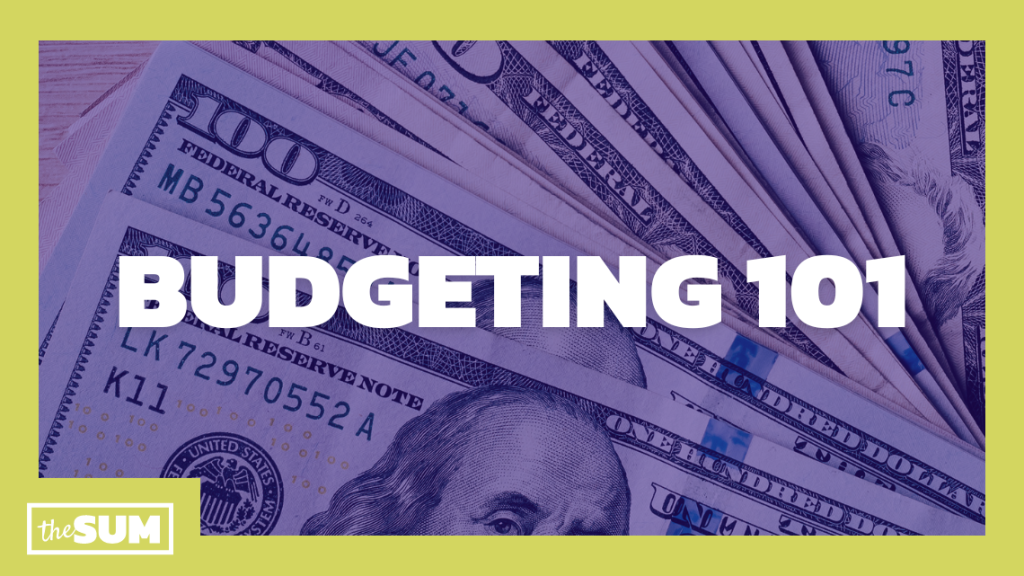
Budgeting is key to getting your finances under control.
You should build a relationship with money based on your needs, wants and financial goals. Do you need to get out of debt? Prepare for the future? Create a better relationship with your money? These are all questions that budgeting can help answer.
To do this, budgeting involves planning your income and expenses over a period of time. How to start? Write your plan out in a notebook, track spending in a spreadsheet, or link your accounts to a budgeting app.
TO SUM IT UP:
- A budget is a plan for your income and expenses over a certain time period.
- If you need to get out of debt or want to start saving for a big financial goal, a budget is where you’ll start.
STEP ONE:
- Figure out your monthly income.
- Traditionally, this means look at a recent paycheck to see how much you earn. Then, multiply that by two for a biweekly pay period or by four for a weekly schedule.
- If your income varies, take the average of the last three to six months.
STEP TWO:
- Add up your monthly expenses and sort those into fixed expenses (such as rent or a car payment) and variable expenses (such as groceries and gas).
- You might need to figure out your monthly average for variable expenses to get a feel for the cost.
STEP THREE:
- Write down your financial goals.
- This could be paying off credit card debt, building a three-to-six-month emergency fund or contributing to a retirement account.
STEP FOUR:
- Calculate your discretionary spending.
- This includes expenses like streaming services, going out to eat and shopping.
STEP FIVE:
- Compare your income and expenses. This is called balancing your budget.
- Your expenses should be lower or equal to your income.
- If that’s not the case, you have some adjusting to do with your discretionary and variable spending.





























